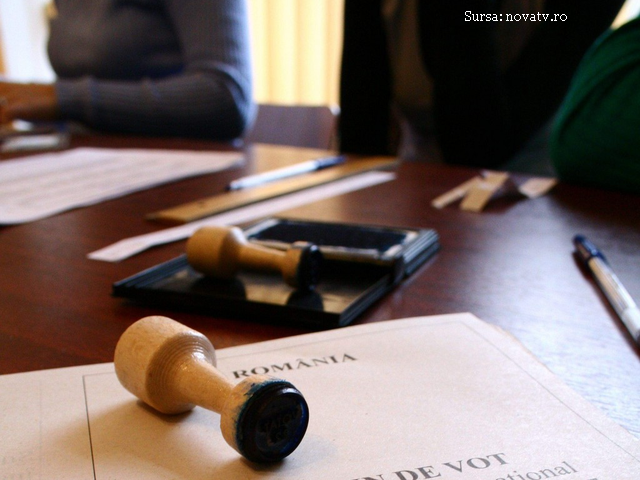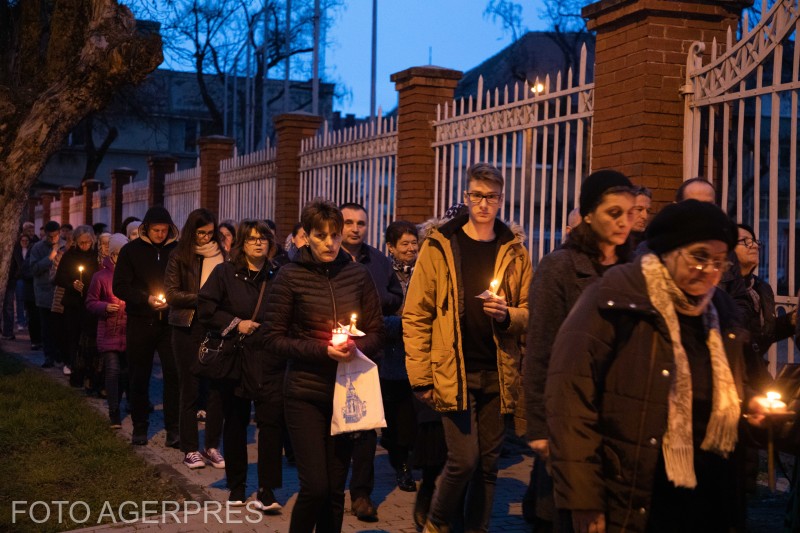Difficulties in setting up a new Government in Chisinau
More than two months after winning the parliamentary elections, the pro-European parties in the Republic of Moldova are still unable to form a new Government.

Bogdan Matei, 13.02.2015, 14:00
As anticipated by most political analysts in Chisinau, the Moldovan Prime Minister Iurie Leanca failed to win parliament’s vote of confidence on Thursday. Only 42 members of the minority coalition made up of the Liberal Democratic Party and the Democratic Party in the 101-seat parliament voted for the new coalition government, though the votes of at least 51 MPs were needed for the new government to be sworn in. The two parties hoped until the very last minute that they would win the support of the Liberals, their former partners in the Alliance for the European Integration, and even counted on the votes of the pro-Russian communists, who had suggested they might support a Cabinet that did not include them. Taking responsibility for the failure, PM Leanca defined it as the most embarrassing political moment in the last six years, since the pro-Europeans took over power from the Communists. The Moldovan PM also said it was important to resume negotiations with the Liberals, to forge a functional alliance.
Iurie Leanca: “Today’s result proves that this game, by no means transparent, with the communists, is not working. It’s clear that there is no real support on their part and no chance for this minority alliance to be effective.”
The leaders of the Liberal Democratic Party and the Democratic Party, Vlad Filat and Marian Lupu, respectively, have accused the Liberals headed by the former interim President Mihai Ghimpu, of acting irresponsibly when refusing to back the new Cabinet. Nevertheless, pundits speculate that the two party leaders, Filat and Lupu, would have probably liked to share with the Liberals only the investiture votes and not the ministerial portfolios.
Judging by their main goals, the Liberals are far from being the ideal allies. They want their country to join not only the EU but also NATO, they see Moldova’s reunification with Romania as a viable solution and want their country’s general prosecutor to be brought from Romania. On behalf of Romania, which has been a staunch supporter of Moldova’s EU accession, the Foreign Ministry has again called on the pro-Western forces in the former Soviet republic to act in a responsible manner and form a solid alliance able to take the country to the EU.
At the moment, the Parliament elected on November 30th has only 45 days to endorse a new Cabinet. If it fails to do so, it will be dissolved. Early parliamentary elections might be catastrophic for the three pro-European parties in Chisinau, which last year managed to sign association and free trade agreements with the EU and pledged to bring their country into the EU in 2020.






























